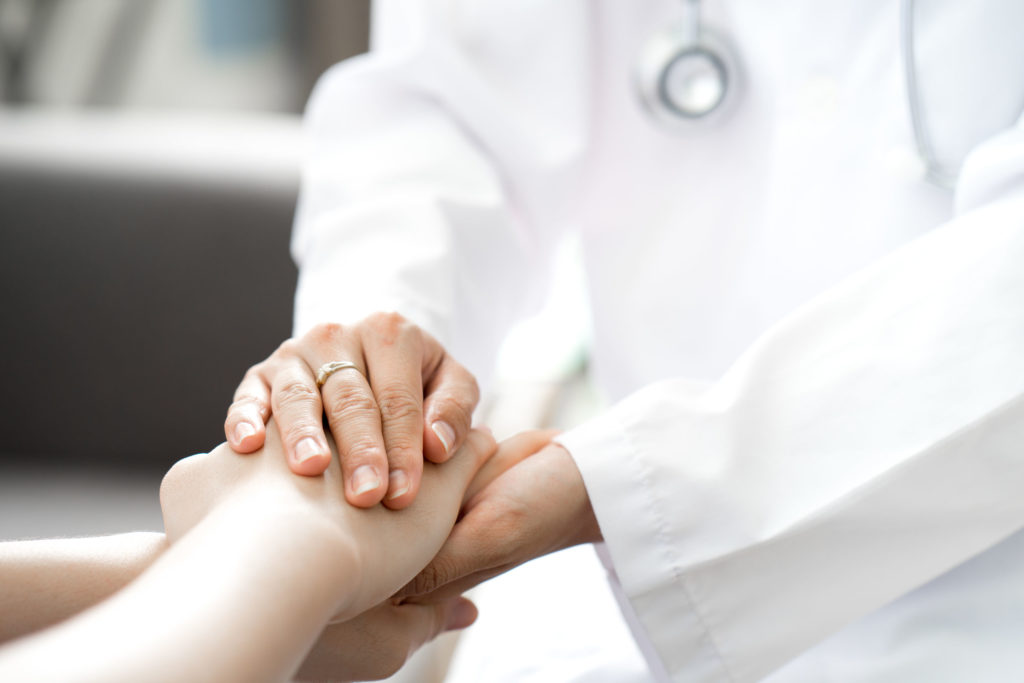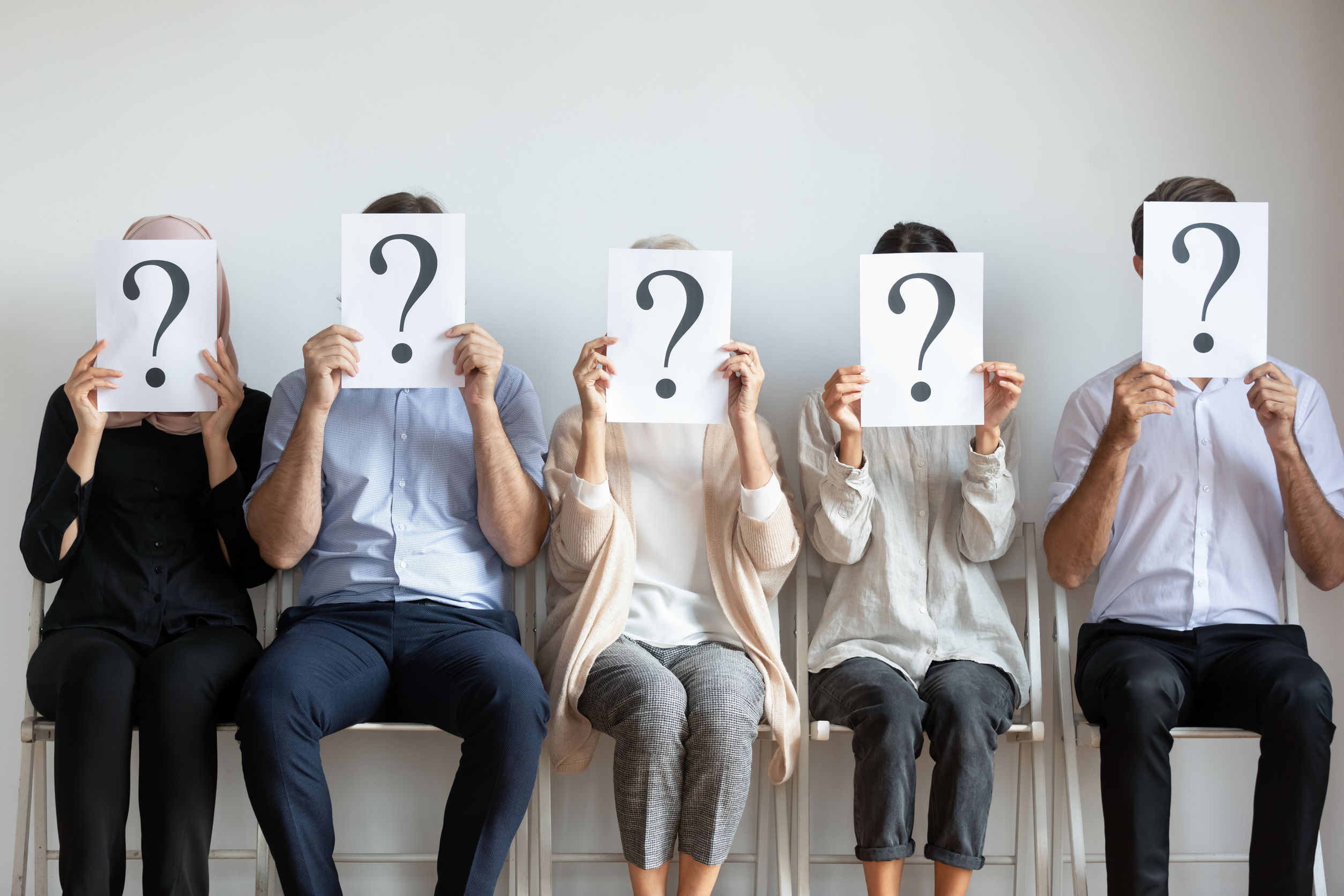Let me preface this all by saying there is no right or wrong answer to the discussion I am positing. I have always struggled with how our society uses labels to define individuals within our systems. Simply put, I dislike it when society puts a label on me, and then I am expected to be that label. For example, I may be labeled as a woman, but does that mean I always have to be feminine? In typical eating disorder treatment, and in mental health treatment, labels are used by way of diagnosis. These are the kind of labels that have been very helpful in the last 70 years since the Diagnostic and Statistical Manual of Mental Disorders has been published. Thus, my intentions in this blog are to discuss how labels, like an eating disorder diagnosis, are helpful, but also not the whole picture.

Diagnosis’ help clinicians assess and provide evidence-based treatment that has been proven to help clients. Isn’t that what we all want – a value that proves we can recover? Diagnosis also helps us to better understand what is going on in ourselves that doesn’t quite seem to fit. When you are initially concerned about some of your thoughts or behaviors that feel out-of-place and are searching for answers, you may not realize this, but you are actually looking for symptoms that fit a diagnosis.
When someone asks me, “I don’t know what’s wrong with me, is it possible I have an eating disorder?” my initial thought is “Let’s see how your symptoms might fit into a diagnosis.” The diagnosis they are given may provide some form of relief because now there is a clear explanation for what is happening to them. As well, it might even come with a set of directions with how to fix it (clinicians call this a treatment plan). It is never that cut-and-dry, but it can be that easy to accept and internalize a diagnosis.
A mental health diagnosis is used to classify a wide range of signs and symptoms that affects an individual’s emotions, mood, thinking, and behavior. So, when you go to the doctor because you are experiencing nausea when you eat, the doctor will ask a series of questions to rule out different medical diagnoses. This differential diagnosis process is similar for all medical and mental health practitioners.

With that being said, it is important to remember that a diagnosis is based on the information you share and the practitioners specialty. For example, you may go to a gastroenterologist for gastrointestinal (GI) distress upon eating and/or eating certain foods. The GI doctor may schedule an endoscopy or colonoscopy to rule out a medical condition. However, if you are experiencing GI distress and exclude information about eating disorder behaviors, stress, or anxiety, the doctor may not discuss with you the connection between our gut and our brain that may cause these very symptoms. This often leads people to feel like “something is wrong with them” but “my doctor is saying everything is fine.” These are important things to remember when considering your own diagnosis because not every diagnosis is the same.
Just because two people are diagnosed with Anorexia Nervosa, doesn’t mean they have the same experience with the disorder. Some diagnostic labels are broad enough to fit tons of people in, like Other Specified Feeding or Eating Disorders (OSFED), and then others are more specific like Anorexia Nervosa. Diagnostically, the only difference is that despite significant weight loss, the individual’s weight is within or above the normal range. This doesn’t change the intensity of the symptoms or feelings you are experiencing. Thus, your diagnosis is a category of a wide range of behaviors affecting mood, thinking, and behavior making it what it is – a category. Regardless, the eating disorder I have will definitely not be the same as Demi Lovato’s because no two individuals are the same. We may have a lot in common like a fabulous singing voice and a saint-like compassion for others, but we have definitely had different life circumstances that brought us to the same diagnosis.

If there’s only one thing you take with you from this whole blog, I hope it is this next question. Does my diagnosis define me? The answer should always be no! I am more than my label, my diagnosis, and my category. I hope you can one day say “I am more than just someone with an eating disorder.”
Here are a few ways to help externalize yourself from your labels and diagnosis:
- Self- Affirmations: Spend time writing down three amazing things about your internal self. Say those things out loud to yourself on a daily basis. For example: “I am brave, I am wise, and I am creative.”
- Mindfulness: Listen to your inner thoughts and remember, your thoughts are just thoughts. Learn the difference between thoughts and facts.
- Don’t Compare: If you compare yourself to others, you are placing yourself in a category with them. Remind yourself of everything that is uniquely you!
- Forgiveness: Humans are not perfect, and it is that imperfection that makes us so beautiful. Forgive yourself every change you get.
If you or someone you love is struggling with disordered eating, we’re here to help. Call us today to begin the journey of recovery.



